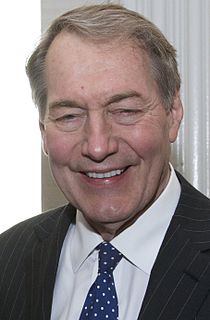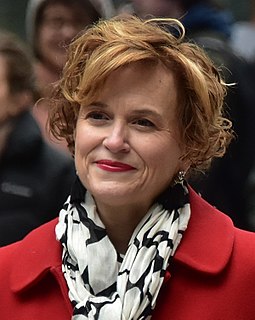A Quote by Juan Enriquez
There are few jobs in the world that are more fun than being the head of Urban Development for a great and thriving city.
Related Quotes
I felt that there's an obligation when writing a piece about an urban expressway made in the 50s to acknowledge the context, and Robert Moses is sort of an iconic figure in New York, and he influenced the shape of the city more than anyone else before or after him. He was one of the most powerful and influential civic architects in the world, because of how much he transformed the city. He built multiple bridges and highways and parks and recreational spaces, beaches - in the course of a few decades, he completely changed the city
Living in cities is an art, and we need the vocabulary of art, of style, to describe the peculiar relationship between man and material that exists in the continual creative play of urban living. The city as we imagine it, then, soft city of illusion, myth, aspiration, and nightmare, is as real, maybe more real, than the hard city one can locate on maps in statistics, in monographs on urban sociology and demography and architecture.
Every other word out of every other Chinese mouth is "development, development, development, development." And that's what they're talking about it - because they believe it, A, enables them, with development, to have the kind of status they want in the world, and B, it enables them to deal with their internal problems, having to do with poverty, urban-rural as well as the environment.
This is more than just having a vision. You can see the difference in the often-cited way in which Steve Jobs brought in John Sculley to take over Apple. At the time, Sculley was destined to be the head of Pepsico. The clincher came when Jobs asked him, "How many more years of your life do you want to spend making colored water when you can have an opportunity to come here and change the world?"



































